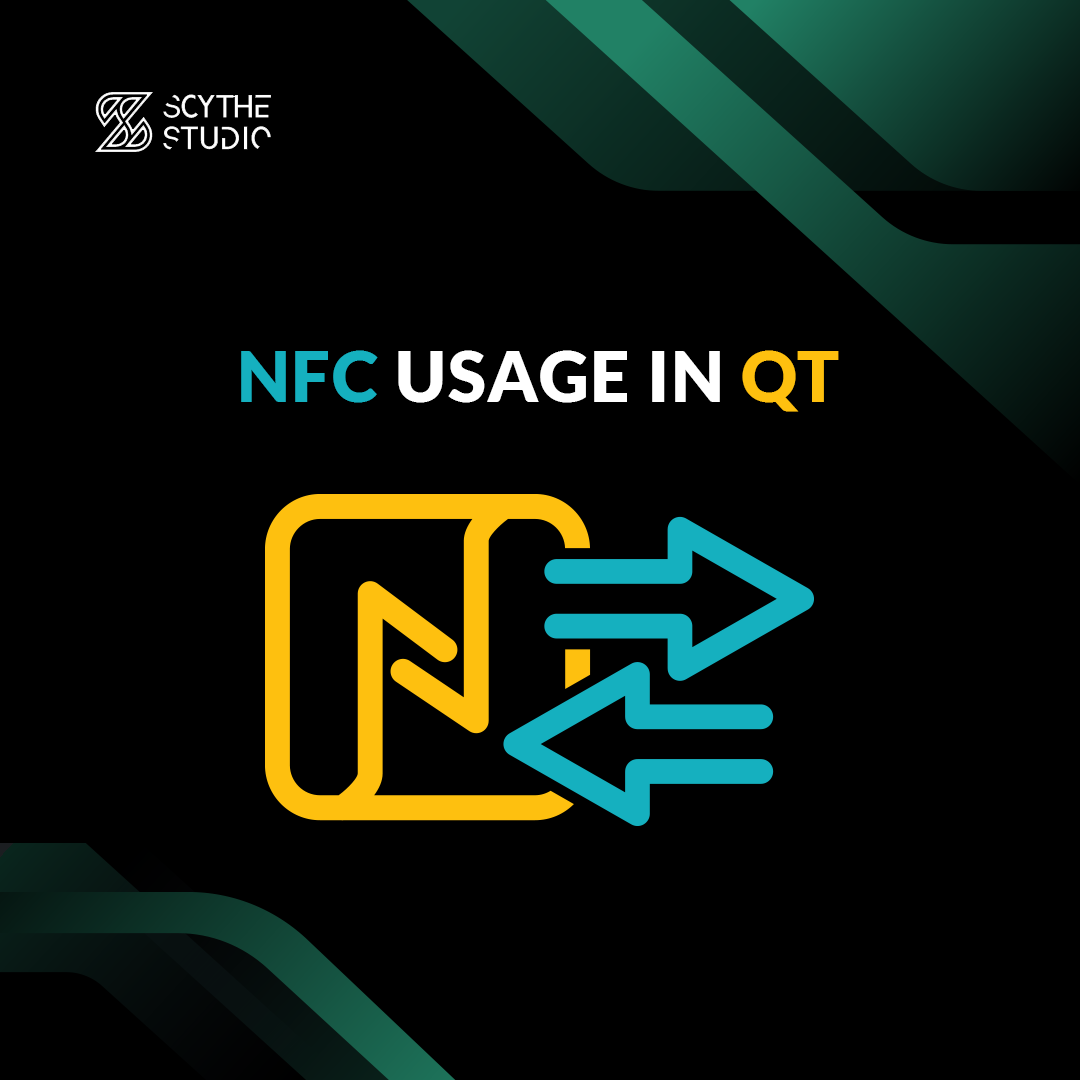

- #Qt reader alternative for mac update
- #Qt reader alternative for mac software
- #Qt reader alternative for mac license
I say it, specially, because one of the weak points of Qt up to now was how small was the influence of other members of the community have on its development and politics, despite large contributions and active error reporting. I also believe that it would suppress doubts around the benefit to contribute to Qt. Many open-source projects are using Qt currently and, should the confrontation start, a fork is more than possible and I would bet that a foundation would be rapidly created around it with lots of contributors. Granted, Qt is a great multi-platform toolkit, in my opinion the best, but they are hardly alone in the field and things changed a lot on last 10+ years. I don’t know who are the top managers, but they seem to be overplaying their hands. This is a serious issue that I hope can be resolved, as nobody will benefit from a serious rift between The Qt Company and the KDE project.

#Qt reader alternative for mac license
Luckily for the future of KDE and Qt, there is an agreement in place between KDE and The Qt Company that states that “ should The Qt Company discontinue the development of the Qt Free Edition under the required licenses, then the Foundation has the right to release Qt under a BSD-style license or under other open source licenses.” I am also absolutely sure that the Qt + KDE communities will continue cooperation on new features, bug fixes, and security fixes, even should The Qt Company decide to forgo the benefits of cooperation. But even if these negotiations were to be unilaterally stopped by The Qt Company, Qt will stay Open Source, and KDE will be able to use it.

#Qt reader alternative for mac update
We will continue to work on a contract update that helps all sides.
#Qt reader alternative for mac software
We had discussed an approach for contract updates, which they suddenly threw away by restricting LTS releases of Qt instead.Īll software changes in Qt will still be available at as Open Source as required by our contract – maybe with a delay of 12 months if the company decides to part ways with the communities. I am reminded, however, of the situation half a year ago. The Qt Company says that they are willing to reconsider the approach only if we offer them concessions in other areas. It seems bad blood has been brewing for a while, as Schmidt-Wischhöfer states: It seemed the two parties were working on a path forward acceptable to all parties involved, but then came the announcement earlier today that The Qt Company was contemplating restricting all releases to paid customers for twelve months. It is still unclear what this implies for contributions to Qt and for the sharing of security fixes between the various parties (including The Qt Company, the many Qt experts contributing, the KDE community, and Linux distributions). They announced that LTS releases of Qt will only be available for paid license holders. As KDE’s Olaf Schmidt-Wischhöfer explains: This obviously affects the KDE project considerably, who have been negotiating with The Qt Company for years now.Īn announcement made by The Qt Company in January derailed said negotiations, however. There’s a storm brewing in the world of Qt and KDE, as the parent company of Qt, The Qt Company, is contemplating restricting new Qt releases to paying customers (i.e., not releasing them as open source) for twelve months.


 0 kommentar(er)
0 kommentar(er)
